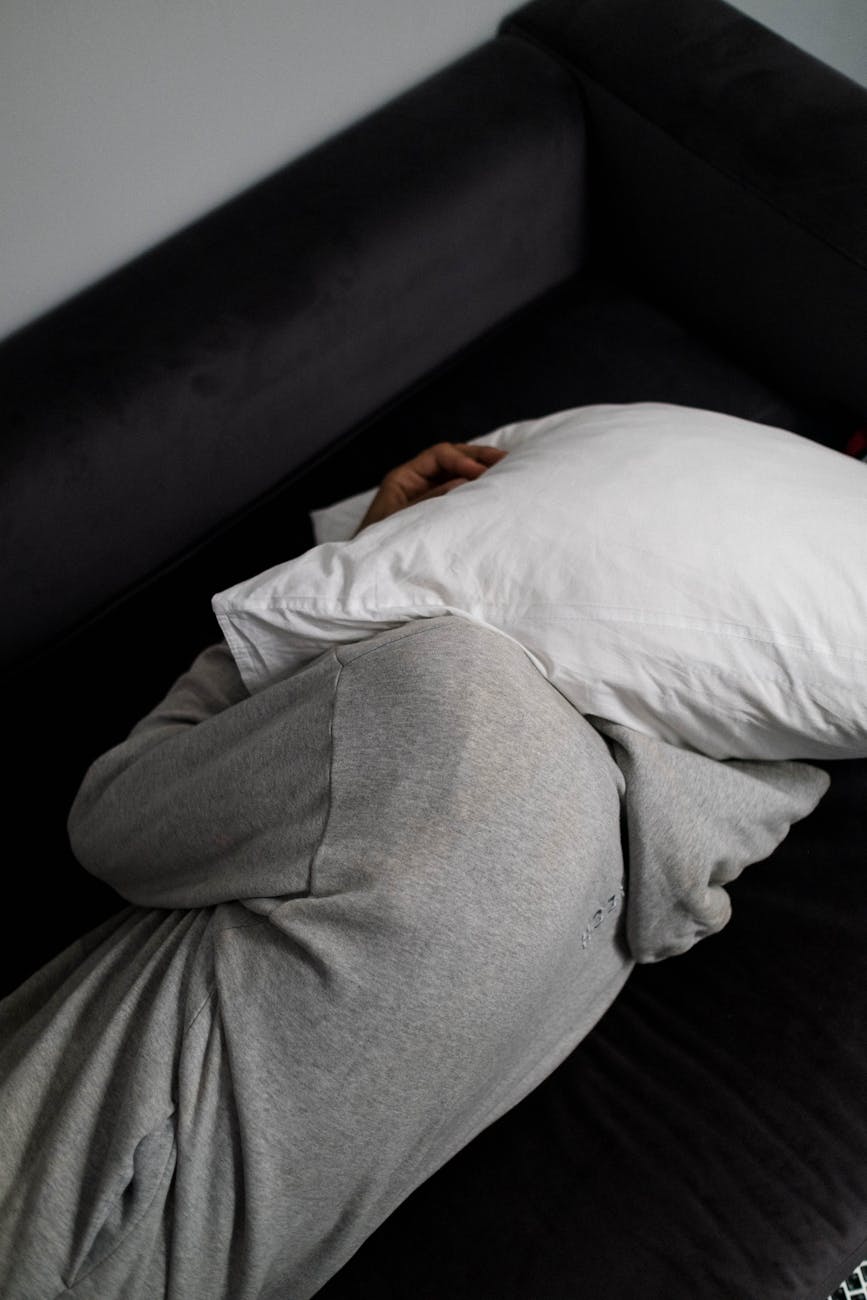Is it always easy for you to fall asleep or have you ever had sleepless nights? Sometimes, do you feel drowsy in the middle of the day even though you have had plenty of sleep the night before? You may have a sleep disorder. Sleep disorders can affect children, young adults, and adults alike.
Therapists at BetterPlace Health ensure that their patients follow a daily schedule, as their sleep disorder treatment is heavily dependent on changing their patients’ daily habits.
1. Stick to a Sleep Schedule
Your body loves routine. Getting into the habit of going to bed and getting up at the same time daily will train your body to sleep better. Sleeping for too long can also disrupt your sleep rhythm. Set a sleeping time and keep up with it!
2. Create a Relaxing Bedtime Routine
What do you do before going to bed? turn on the TV or scroll down through the phone? It may be keeping you up! Computers, tablets, and phones emit light blue light, which can be a serious problem because the human brain is tricked into believing it is daylight instead of nighttime. A better idea is to become involved in other activities like reading a book, listening to soft and calm tunes, or anything else you prefer. These methods awake your body to the fact that it is time to fall asleep.
3. Watch What You Eat and Drink
What you put into your body affects your sleep. Eating a large meal or consuming caffeine (found in soda, coffee, and energy drinks) too close to bedtime can keep you awake. Try having dinner a few hours before bedtime and avoiding caffeine in the afternoon.
4. Get Moving During the Day
Exercise isn’t only for being fit—it also makes you sleepy! Running, sports, or even walking can tire you in a good way. Just don’t exercise right before bed, or you’ll be too pumped up to sleep.
5. Make Your Bedroom Cool and Dark
Your bedroom should be cosy. A cool, dark, and quiet room is ideal for deep sleep. Try using blackout curtains and switching off noisy appliances. If you can’t sleep with noise, white noise machines or fans can be a saviour.
6. Less Stress and Anxiety
School, friends, or life issues can keep you awake. Try deep breathing, meditation, or journaling before bed. Talking to someone about your issues can also work. A peaceful mind helps you sleep better.
7. Get Some Sun
Your body has an in-built clock called the circadian rhythm. Sunlight keeps this clock ticking. Try to get at least 30 minutes of sunlight every day by stepping out. Morning sunlight is particularly good for setting your sleep clock.
8. Take Short Naps During the Day
Short naps (20-30 minutes) are rejuvenating, but long naps will ruin your nighttime sleep. If you are extremely exhausted during the day, a brief power nap will help, but do not nap too near the afternoon!
When to Get Professional Help
If you’ve done those things and are still wide awake when you should be lying in bed, you should discuss this matter with a doctor. BetterPlace Health Clinic is a renowned sleep clinic where they examine and provide sleep disorder treatment, which includes various recommendations, not only medication but also lifestyle changes, which will bring you the benefit of refreshing and feeling energetic in the morning.
Final Thoughts
Good sleep is a prerequisite to be happy, to stay alert, and to stay healthy. Your sleep can be improved naturally if you make slight changes in your lifestyle. Follow these tips and find out what you need to be doing.

